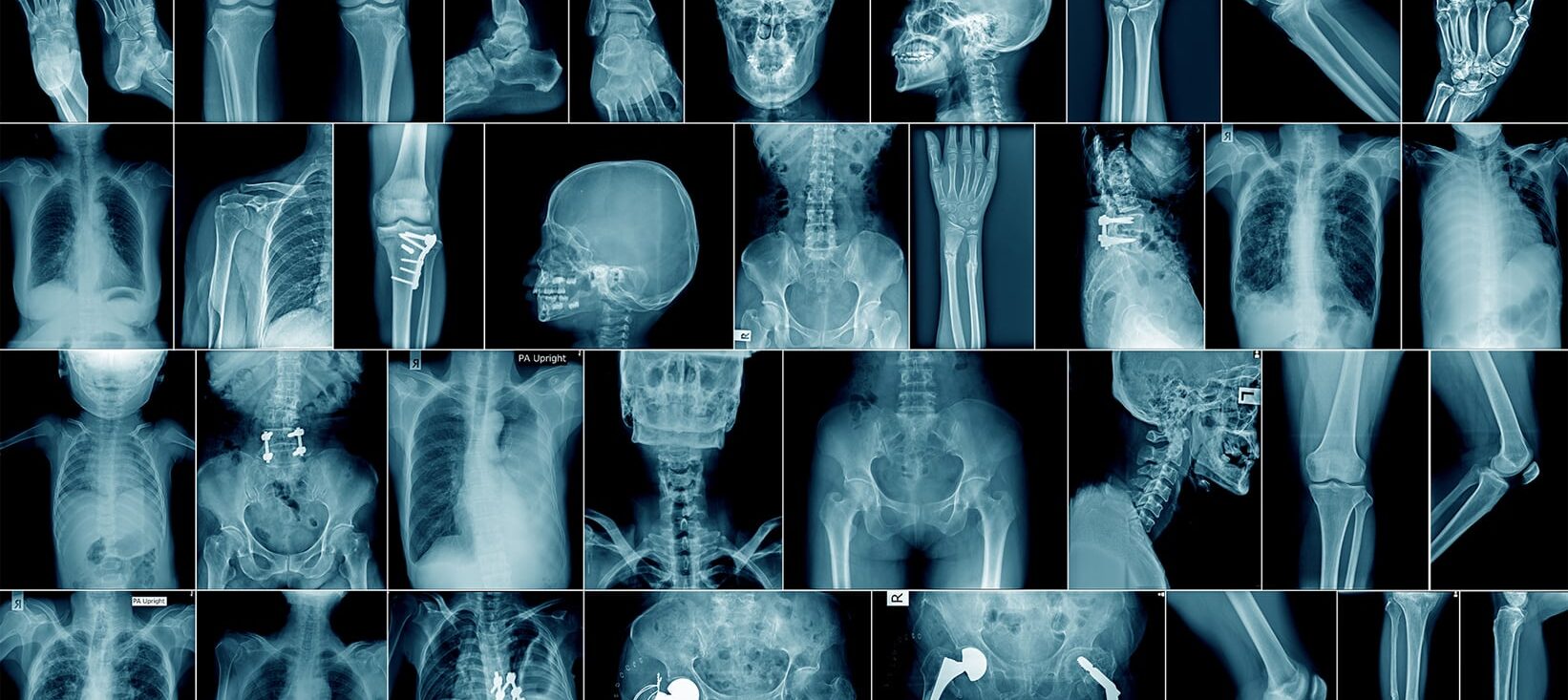Coodes’ Clinical Negligence team is one of the leading practices in the South West. We have over 40 years’ experience in representing clients across the region and beyond in claims for clinical medical negligence and at Coroner’s inquests, where the circumstances of a death are unusual or unexplained.
When a loved one dies suddenly or in unexplained circumstances the death must be reported to the Coroner, usually by the police or a doctor, who will then decide whether or not to hold an inquest hearing. The Coroner will issue an interim death certificate, which allows the funeral to proceed. However, the final death certificate will not be issued until the conclusion of the Inquest.
Our team regularly support clients in the investigation that precedes an inquest and through the inquest itself, helping them to understand the technicalities of the process, breaking down the jargon and enabling them to contribute effectively where appropriate. Our lawyers are renowned for their technical expertise and grasp of medical matters and their sympathetic and human approach to what can be very challenging experiences for clients. We are regularly listed in the leading legal directories Chambers and Legal 500 for our inquest work and we are members of the INQUEST charity, which provides advice on state-related deaths.
To help you understand the inquest process and see whether you may need legal support, our expert inquest lawyers have prepared this brief guide.
What is an inquest?
An Inquest is the Coroner’s investigation into the circumstances leading up to a death and an examination of the causes. It can involve one or more court hearings. It is a public hearing and must start within six months of the Coroner being notified of the death.
The purpose of the inquest is to answer the following questions:
- Who has died
- When they died
- Where they died
- How they died
What is a post mortem?
Taken from the Latin for ‘after death’ a post mortem, also known as an autopsy, is an expert medical examination of the deceased’s body. Before an inquest takes place, the Coroner will order a post mortem to assist in determining the medical cause of death. It will be conducted by a pathologist and may involve toxicology testing to determine, for example, what drugs – medical and otherwise – as well as other chemicals are present in the deceased’s body.
When will the inquest be held?
The Inquest will usually take place within a few months of the death and the Coroner is under a duty to hold inquests within six months of being notified of the death wherever possible. If an inquest has not concluded within 12 months, then the Coroner must notify the Chief Coroner and explain why it has not concluded. In some cases, it can take much longer, even years, for the hearing to take place.
Who Is an interested person?
The Coroner has a duty to involve any ‘interested parties’ in the inquest. These can include family members, personal representatives, and anyone else that the Coroner thinks has a sufficient interest. An Interested Person has the right (if they wish) to attend and play an active part in the inquest process and final hearing.
Will I be able to see the evidence before the inquest?
The Coroner will decide what evidence will be obtained to assist with the inquest and will usually send this out to the interested persons ahead of the inquest hearing.
If the medical records are required, the medical provider will have these available on the day of the inquest, however you can request these prior to the inquest if you believe that these will assist the Coroner.
If you have legal representatives, then they will be able to assist in obtaining the evidence as well as ensuring the appropriate investigations and reports are obtained and any relevant witnesses are contacted.
Will there be a jury?
Usually, inquests are held without a jury. However, there are some circumstances in which a jury is required, such as: if your loved one died a violent or unnatural death; where the cause of death is unknown and occurred in police custody or state detention, following an act or omission from a police officer or staff member; or, if their death occurred while they were at work. State detention includes being detained under the Mental Health Act 1983.
If a jury is called, they, rather than the Coroner, will decide the outcome of the inquest.
What is an Article 2 inquest?
If it is suspected that the State has caused, contributed to or failed to prevent the death then an Article 2 inquest will take place. This refers to Article 2 of the European Convention on Human Rights, which is about the right to life. An Article 2 Inquest is a wider-reaching investigation and the Coroner or jury must not only consider and answer the four main questions above, but also establish ‘in what circumstances’ the death occurred.
What will happen at the inquest?
The Coroner will open the inquest and explain its purpose and that it is not held to establish any criminal or civil liability. The Coroner will then identify all the interested persons and parties before calling each witness to give their evidence, either in person or by way of a written statement. If a witness is present at the inquest and giving oral evidence, then the Coroner can ask that witness any questions that are relevant to the inquest. It will then be open to the interested persons or their legal representatives to ask questions of that witness.
There are likely to be breaks throughout the hearing and you are also free to leave the hearing if you find the evidence too distressing to listen to.
Once all the witnesses having finished giving their evidence, or their statements have been read out, the Coroner will sum up the evidence and they, or the jury, will give their conclusion.
For further information, see How to prepare for an inquest which gives practical guidance and tips.
What are the possible outcomes?
At the end of hearing all the evidence the Coroner, or jury will reach their conclusion, which will be one of the following:
- Natural causes
- Accidental death
- Suicide
- Unlawful or lawful killing
- Neglect
- Industrial disease
- Open conclusion – where there is insufficient evidence to reach any other conclusion
There will also be a brief narrative – a sentence or short paragraph setting out the facts surrounding the death in more detail.
Do I need legal representation at an inquest?
The majority of people attending an inquest will not need legal representation. However, in cases that involve blame or liability for a person or business, such as where clinical negligence may be involved, families often instruct inquest lawyers to attend and act on their behalf.
Although Coroners cannot determine liability for a death, the evidence that is gathered during the inquest process can be extremely helpful as part of a civil case following an inquest, such as when a claim for clinical negligence is being made. In these circumstances it may be appropriate to instruct experienced inquest solicitors.
At Coodes, our specialist clinical negligence lawyers are regularly instructed to represent bereaved families in cases of death following medical treatment. In such cases, it is normal that the Coroner will call medical, surgical and nursing staff to the inquest to give evidence.
In a medical negligence case, if the deceased’s family have concerns about the treatment or care received, we will do our best to explore these issues within the constraints of the limited purpose of the inquest. In some cases, therefore, our inquest solicitors can represent you, to help guide you through proceedings and to make sure your voice is heard. This also helps gather crucial evidence ahead of any compensation claim for medical negligence.
















